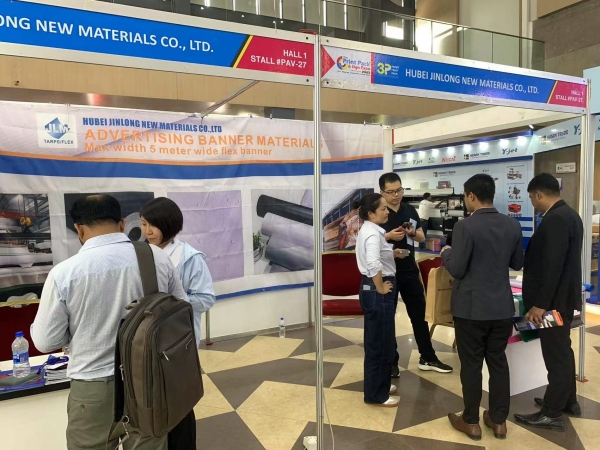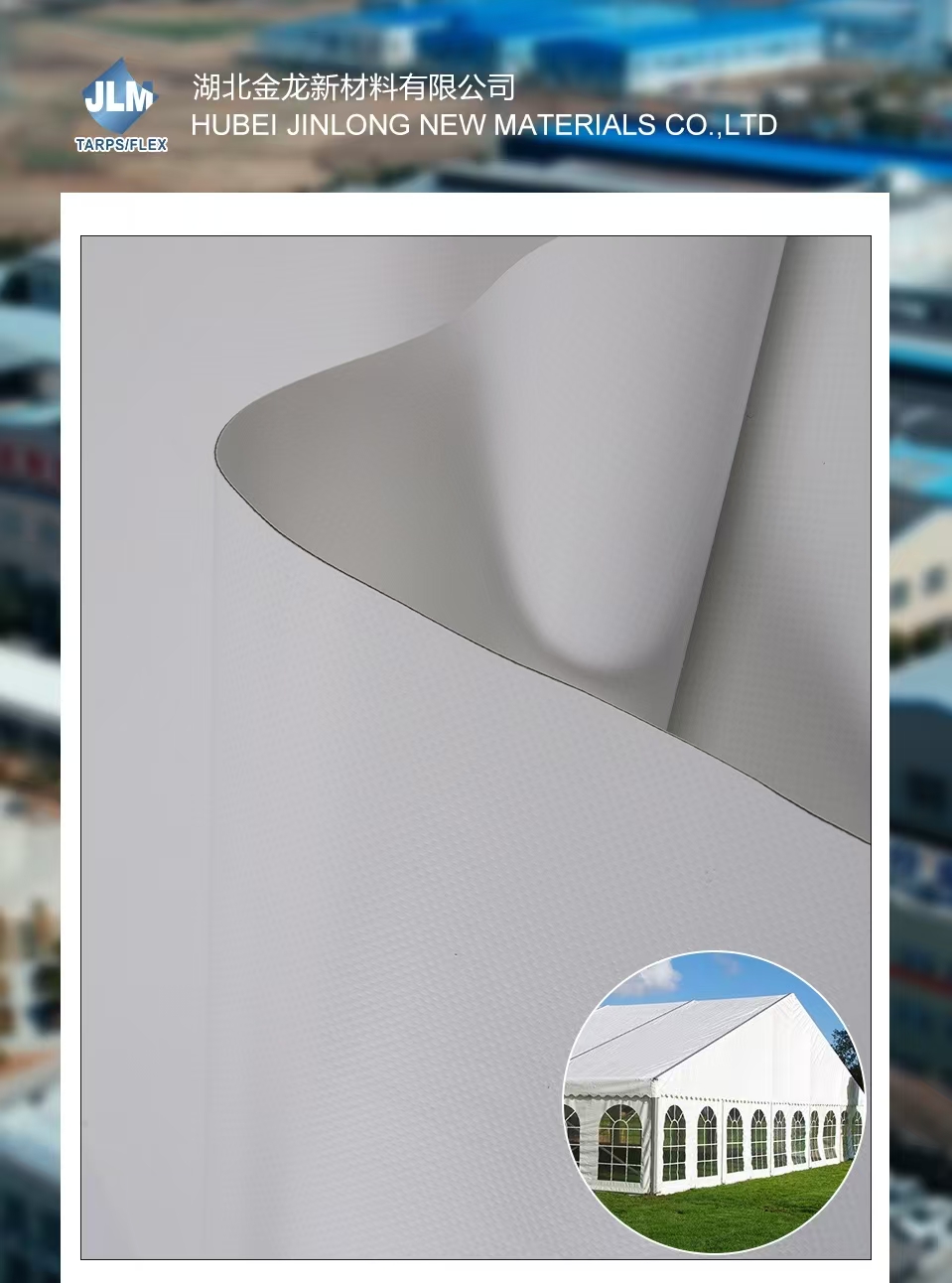The oxidation resistance of TPU fabric in high-temperature environments is an important indicator for evaluating its service life and stability. Generally, TPU exhibits excellent oxidation resistance and can withstand oxidation reactions to a certain extent at high temperatures. However, it should be noted that the specific oxidation resistance depends on the formulation and manufacturing process of the TPU.
To further improve the oxidation resistance of TPU fabric, various measures can be taken:
Using specific antioxidants: Adding antioxidant components during TPU manufacturing to capture and neutralize free radicals, thereby delaying oxidation reactions. Hindered phenols, amines, or phosphate esters can be added, all of which effectively enhance the oxidation resistance of TPU.
Optimizing manufacturing processes: Adjusting TPU manufacturing process parameters such as temperature, pressure, and time can make its structure more compact and stable, which also helps improve oxidation resistance.
Surface treatment: Plasma treatment or other coating treatments on the surface of TPU fabric can form an antioxidant protective layer, enhancing its oxidation resistance.
Selecting appropriate formulations: Choosing TPU formulations containing antioxidants and other stabilizers according to specific application requirements can result in better oxidation resistance.
Although these methods can improve the oxidation resistance of TPU fabric, oxidation may still occur under severe high temperatures and prolonged exposure to oxidative environments. Therefore, in actual production, it is essential to select suitable TPU formulations and take appropriate additional measures according to specific usage environments and requirements to achieve the required oxidation resistance.




 English
English русский
русский Français
Français Español
Español




















